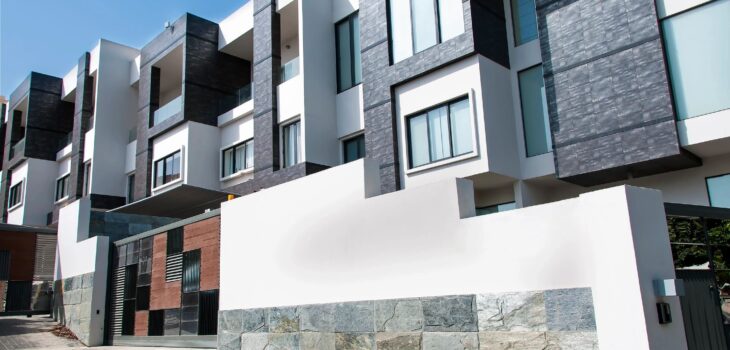 Retirement
Retirement
Should I leave my children properties as an inheritance?
Properties are an asset that is generally large in value and very illiquid. If it is designed to be given as a way of transferring wealth to the next generation, it would be actually one of the most ineffective tools, from experience. Why do we say that?
Common property disputes
If it is given to more than one party, there are many decisions to make along the way. For example, should the beneficiaries decide to keep the property, rent it out, sell it and at what price and for how long do they wait before the decision is made. We had an incident where a 3 room HDB flat was sold by one of the children too quickly before even trying to get “3 quotes” to get the best price. A small incident like that could also cause potential unhappiness. And throughout the decision-making process, anyone of those decisions made mentioned above can create a point of contention without even knowing it could have hurt a family member unknowingly along the way.
Costs incurred is high
When you buy a property worth $1.5million, inadvertently, you end up paying way more than $1.5million due to renovation, stamp duties, loans, interests incurred. This probably might end up even as high as 1.7 – 2x the amount the value of the property to about $2.55mil to $3mil.
Maintenance costs increases with age of property
As a property ages, there will be costs incurred like maintenance, painting, wear and tear of parts of the house. The older the place gets, the higher the costs of upkeeping it and the beneficiaries will have to bear the costs of maintenance which can get quite high with time.
Sways your asset allocation significantly
When you buy a property, it usually forms a fairly significant portion of a person’s total asset allocation. A person should have a balanced approach towards retirement planning and start of liquify his assets as he gets older for ease of management as well. Uncontrollable events like an illness, a disability, medical needs or loss of job can also create an additional stress on the person or family who might need liquidity for whatever reason and the property is known to be a very illiquid asset.
Tax issues
Here in Singapore, we face huge tax issues through normal stamp duties, ABSD (Additional Buyer Stamp Duties) and SSD (Seller Stamp Duties) which can affect beneficiaries if it is not designed well for estate distribution purpose. The total tax can compound to be more than 20% as a whole.
Restriction from purchase of HDB
When a person inherits a property, it could also hinder a child’s ability to buy a HDB as a privilege given to all Singaporeans as a level playing field.
What other options?
We find ways to value add to the family overall through detailed understanding of the intention, potential issues and eventual objectives of the family or business. We use instruments that are more liquid, cost effective, hassle free, maintenance free, guaranteed and free from tax implications with an ease of distribution of wealth to future generations as well. This is through proper education and understanding of how we can value add to the entire family where the first generation gets to maximize their retirement and the children still get their fair share of inheritance.
And you still eventually will have your last property you are staying in to be given, please plan well for it to be distributed. Plan well on both the financial and the legal aspects of it.